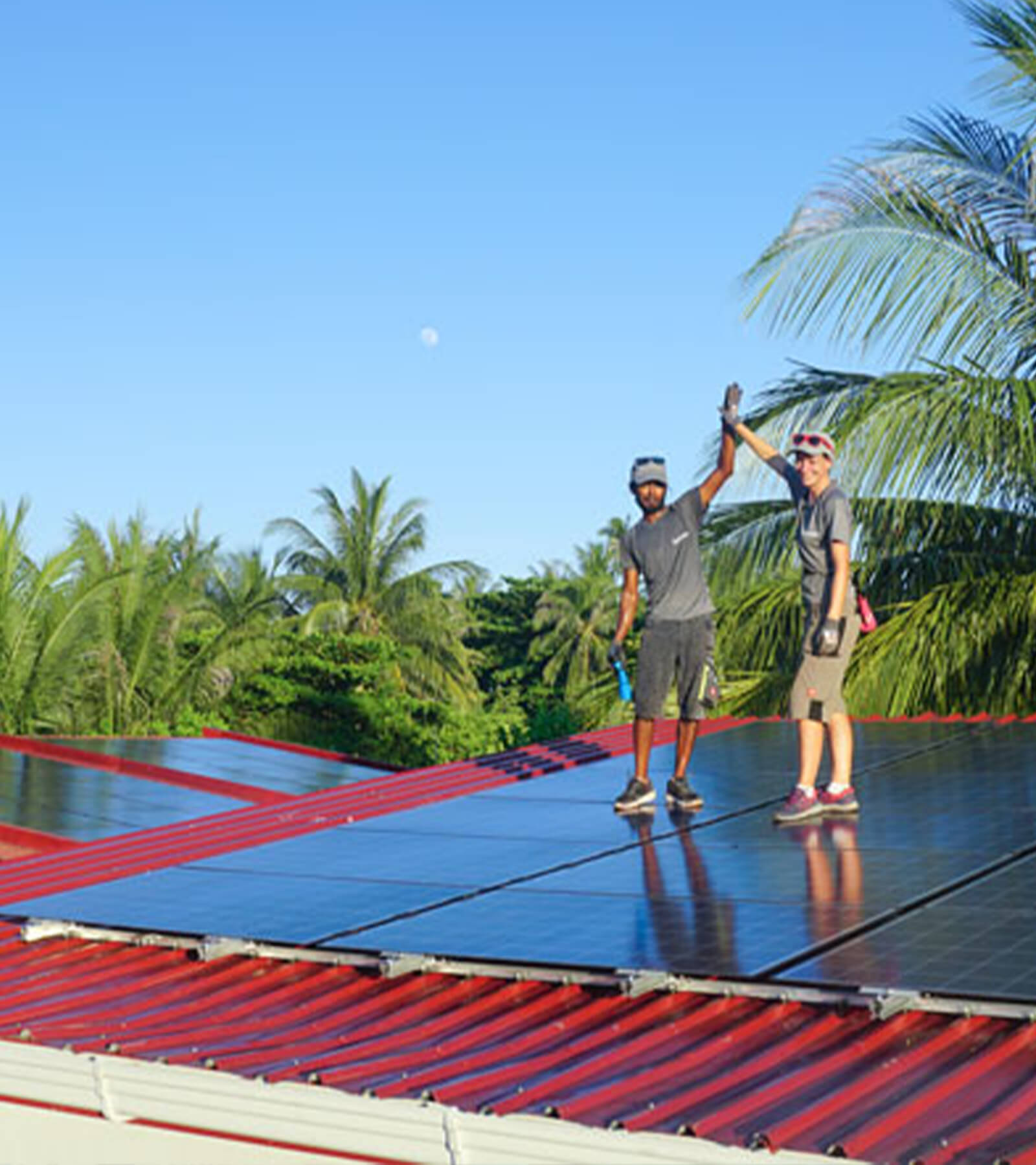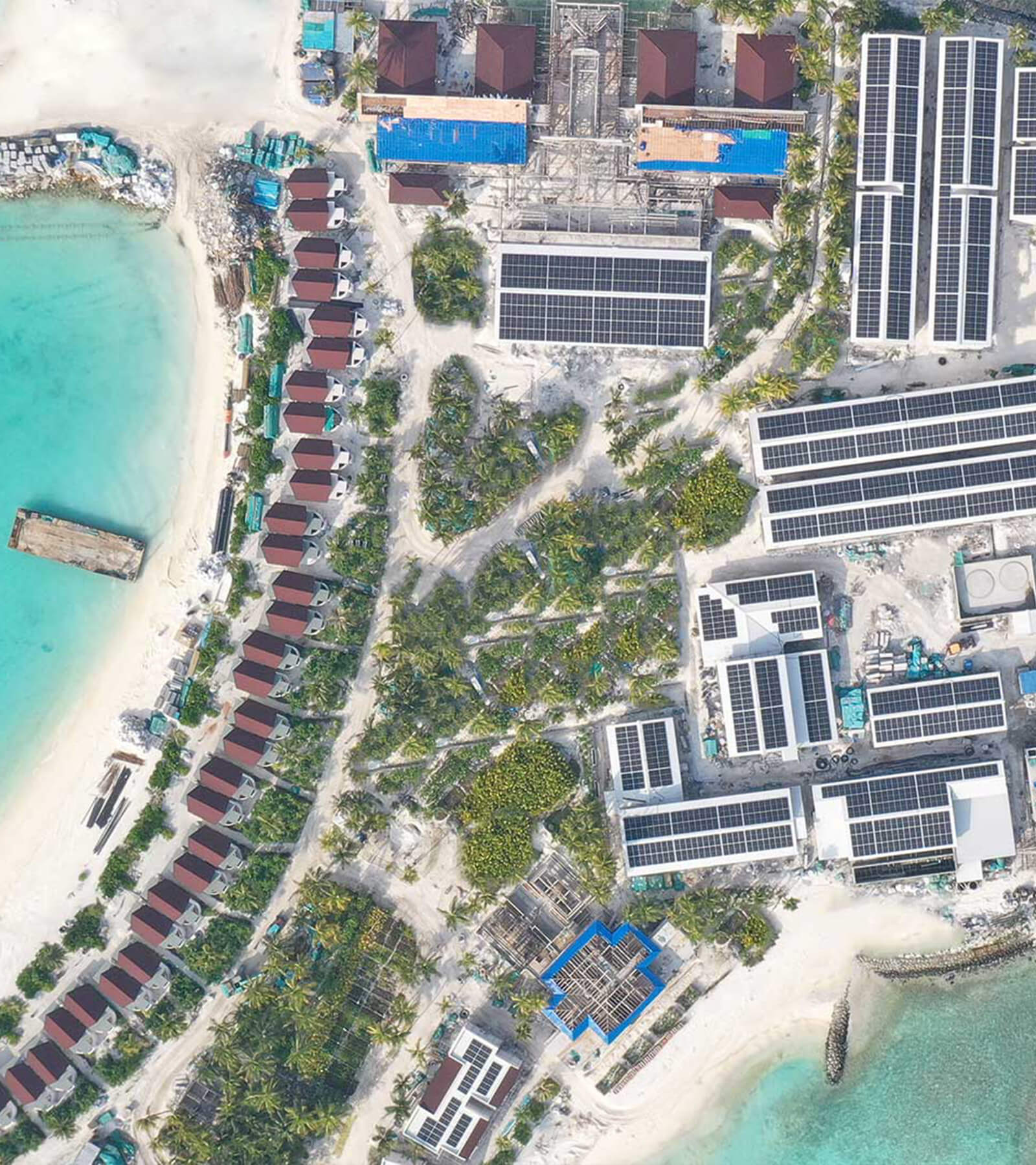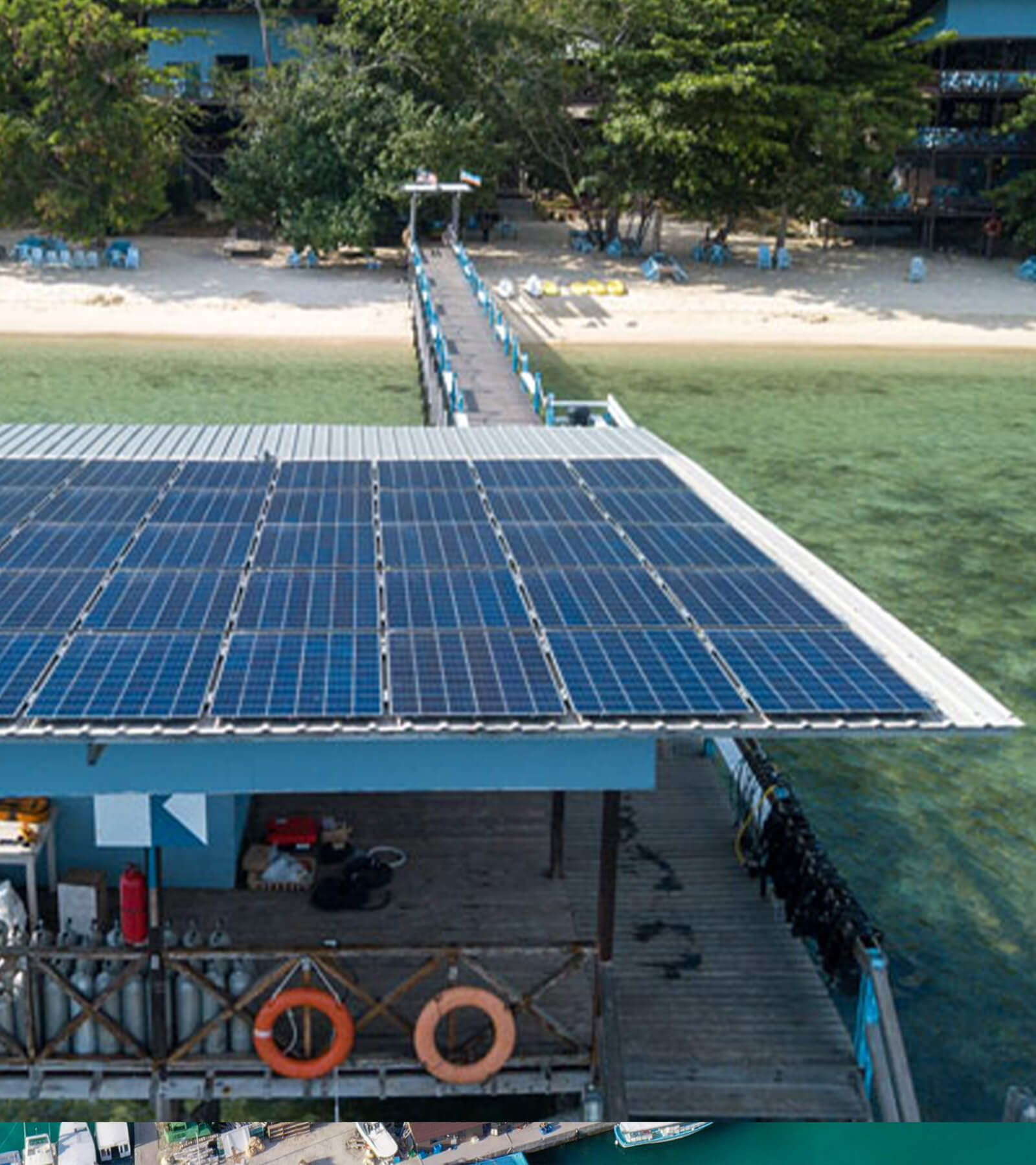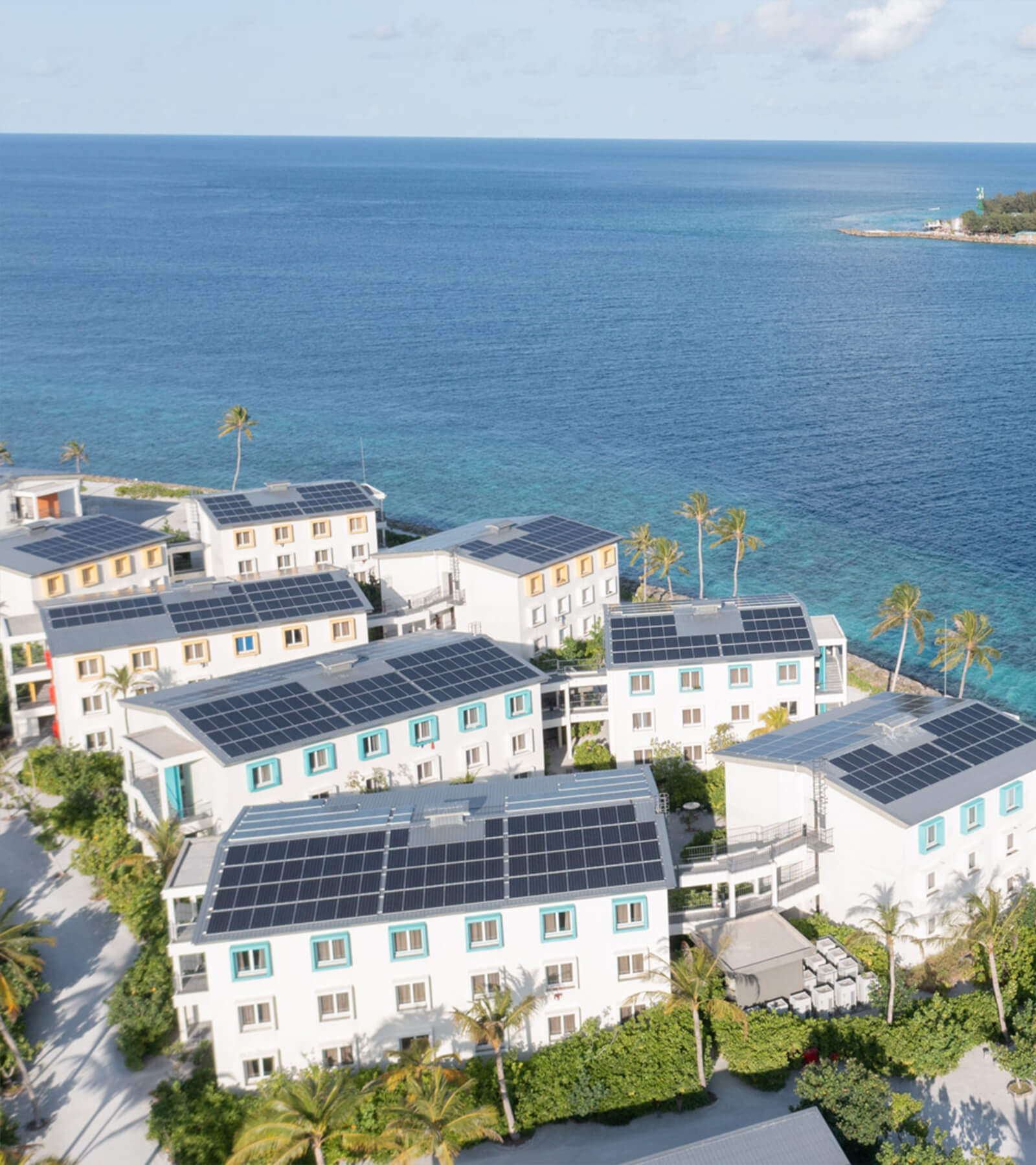Power outages turn cold storage into a perishable purgatory, costing farmers and processors dearly. This article explores a lifeline: BESS Container Cold Storage backup systems. Using a real-world case study (like Sunny Slope Dairy’s $120k save!), we show how these “giant power banks” instantly kick in during grid failures, keeping dairy, produce, and meat safely chilled. Beyond avoiding spoilage nightmares, discover added benefits like peak shaving. Finally, learn why Maxbo Solar (www.maxbo-solar.com) designs industrial-grade BESS Containers specifically built to handle the critical, chilly demands of protecting your profits – because only your dinner plans should spoil.
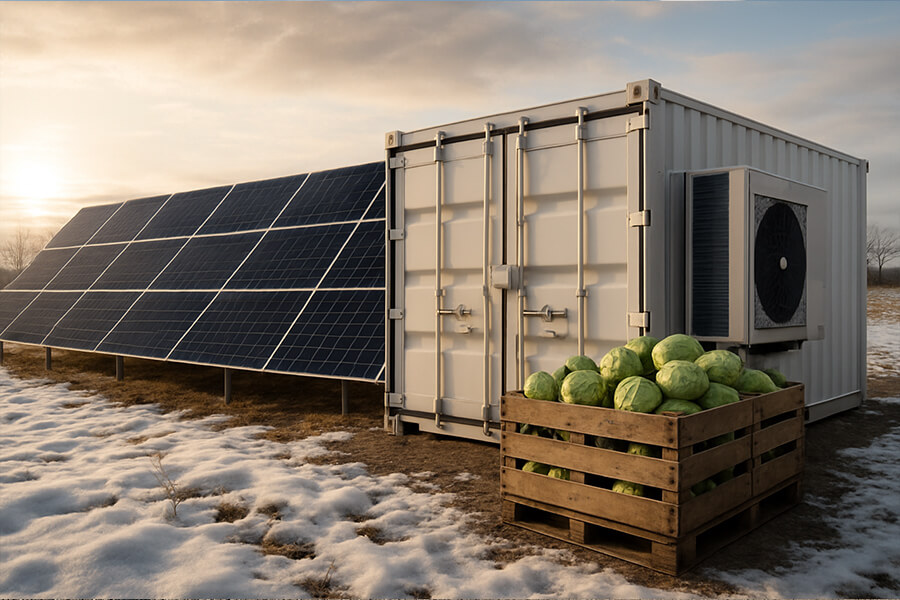
The Heartbreaking (and Wallet-Breaking) Plight of Perishables
Picture this: Your prize-winning heirloom tomatoes, nurtured with sweat and hope, are chilling happily. Then… click. Darkness. Silence. The ominous hum of the compressor stops. Panic sets in faster than milk sours in the sun. Your cold storage just became a very expensive sauna for soon-to-be-sad salad ingredients.
This nightmare scenario isn’t fiction – it’s Tuesday afternoon for thousands of farmers and processors. When the grid flatlines, your refrigerated assets become liabilities faster than you can say “food safety violation.” Consider the cold, hard facts:
| Perishable | Financial Impact of 4-Hour Outage | Shelf Life at 0°C |
|---|---|---|
| Dairy | 72,000 loss per trailer¹ | <4 hours critical |
| Produce | 40% value loss after 8 hours² | 12-48 hour window |
| Meat | Total write-off after 4 hours³ | 3-6 hour safety margin |
Sources:
¹ USDA AMS 2024 Cold Chain Failure Report
² FAO 2023 Global Food Loss Analysis
³ FDA Food Code 2024 Compliance Guidelines
Mother Nature and aging infrastructure have formed a cruel pact against perfectly good broccoli. In 2024 alone, US agricultural losses from power disruptions hit $2.1 billion – a 23% jump from 2022 according to USDA Economic Research Service data. Europe fared no better, with Italy’s record heatwave causing €370 million in dairy and produce spoilage (European Food Safety Authority).
The domino effect is brutal:
- 72 hours of downtime = 83% chance of contract penalties (Agribusiness Council 2024 Survey)
- 54% of chefs now demand outage contingency plans from suppliers (National Restaurant Association 2025 Trend Report)
- Recalls from temperature excursions up 31% since 2022 (FDA Food Safety Dashboard)
But what if your cold storage could shrug off a grid failure like a duck shakes off water?
The Hero Enters: BESS Containers – Your Cold Storage’s Silent Guardian
So, how do you make your cold storage as resilient as that proverbial duck? Enter the BESS Container – your facility’s new best friend. Think of it as a giant, incredibly sophisticated power bank for your entire operation, neatly packaged in a rugged shipping container. No magic, just cutting-edge Battery Energy Storage System (BESS) technology designed for one critical job: keeping the cold when everything else goes hot.
Here’s how this silent guardian solves the problems outlined in Part 1:
-
Instantaneous Backup: “Save My Steaks!” Speed
- Problem: Traditional generators take precious seconds (or minutes!) to kick in. Every second above safe temp risks spoilage and FDA violations.
- BESS Solution: “When the grid throws a tantrum, the BESS steps in faster than you can say ‘save my steaks!'” We’re talking sub-20 milliseconds transfer time – literally faster than the blink of an eye. Seamless transition keeps compressors humming and temperatures plummeting without a blip. No thermal runaway, no panic.
- Data Punch: A 2025 NREL study confirmed that BESS systems prevent 98.7% of temperature excursions caused by brief outages (<2 minutes) that cripple generator-reliant facilities. (National Renewable Energy Laboratory – Grid Resilience Reports)
-
Extended Runtime: Frosty for Hours (or Days)
-
Problem: How long is long enough? Outages can last minutes, hours, or, in disaster scenarios, days.
-
BESS Solution: “No more frantic calls to the utility company while watching the thermometer climb. Size your BESS to keep things frosty for 4 hours, 12 hours, or even 72+ hours, depending on your critical load and risk tolerance.” Enough time to ride out most storms or execute a graceful, controlled shutdown of processes.
-
Reality Check via Table:
-
| Outage Scenario | Typical Duration | Recommended BESS Runtime | Critical Protection Achieved |
|---|---|---|---|
| Brief Grid Fluctuation | < 5 minutes | Covered by default | Prevents temp spikes & micro-spoilage |
| Severe Thunderstorm | 2-8 hours | 8-12 hours | Full coverage for most produce/dairy |
| Major Storm/Rolling Blackout | 12-48 hours | 24-72+ hours | Protects high-value meat, pharmaceuticals, enables safe shutdown |
-
-
Source Context: Runtime recommendations based on 2024 USDA Cold Chain Interruption Analysis and Maxbo Solar’s real-world deployment data for agricultural clients.
-
-
Protecting the Goods: Inventory Insurance That Pays Off
- Problem: Spoilage = direct financial loss. Recalls destroy reputations.
- BESS Solution: “Dairy stays delightful, veggies stay vibrant, meat stays… well, meaty (and safe!). It’s insurance for your inventory that actively prevents the claim.” Maintains precise temperature control 24/7/365, regardless of grid health.
- Financial Sense: The average cost of a single temperature-related recall in the US food sector is >$200,000 (FDA Food Safety Dashboard, 2025). A properly sized BESS Container for a mid-sized cold storage facility often costs less than two major recalls. ROI is measured in prevented disasters, not just kilowatt-hours.
-
Supply Chain Savior: Reliability is Your Reputation
- Problem: Missed deliveries = lost contracts & angry customers (especially those chefs!).
- BESS Solution: “Meet your delivery deadlines, keep supermarket shelves stocked, avoid those awkward ‘sorry, the lettuce liquefied’ calls. Reliability builds reputation – and lets you sleep at night.” Continuous operation ensures you meet stringent supply chain requirements.
- Market Reality: 78% of major US retailers now include mandatory backup power resilience clauses in fresh produce supply contracts (AgFunder News, 2025 Supply Chain Report). A BESS Container isn’t just smart; it’s becoming a cost of doing business.
Proof in the Pudding (or the Perfectly Preserved Pork): Sunny Slope Dairy’s $120,000 Save
Theory is great, but let’s talk cold, hard cash saved from becoming warm, spoiled mush. Take Sunny Slope Dairy Cooperative in Reedsburg, Wisconsin – a real operation facing a very real, recurring nightmare in 2023 and early 2024.
The Problem: Wisconsin’s increasingly volatile summer storms brought frequent voltage sags and several prolonged outages. One brutal August 2023 storm knocked power out for 8 hours. Bulk milk tanks began warming, and critical cheese aging rooms (holding over 500kofproduct)facedadisaster.Theiragingbackupgeneratorstruggledwithvoltagefluctuations,causingstressspikesmeasurableontheirQAmanager′sforehead.Estimatedpotentiallosspermajorevent:∗∗>150,000** (spoiled milk, ruined cheese batches, contract penalties). (Wisconsin PSC 2024 Storm Outage Report showed Reedsburg in a high-impact zone).
The Solution (Late 2023): Sunny Slope installed a 500 kWh / 375 kW BESS Container from Maxbo Solar, seamlessly integrated with their existing cold storage control system and compressors. This wasn’t just backup; it was an intelligent buffer against grid instability.
The Outcome (Spring 2024 Test-by-Fire): During a widespread April windstorm causing a 7-hour grid failure, the BESS proved its worth:
- Instantaneous Cutover: Lights flickered? The BESS kicked in before the control room monitors even registered the outage (<20ms response, per Maxbo monitoring logs).
- Perfect Preservation: Milk tanks held steady at 1°C. Cheese aging rooms never deviated beyond ±0.3°C of setpoint. Zero spoilage. Zero quality deviations.
- Generator? What Generator? The old diesel unit remained silent – saving fuel costs and avoiding startup stress.
- The Bottom Line: Saved $120,000+ in that single event alone (calculated value of protected inventory + avoided penalties + fuel savings).
Sunny Slope’s Financial Snapshot (Single 7-Hour Outage Event):
| Cost Category | Without BESS (Estimated Loss) | With BESS (Actual Cost/Savings) | Net Impact |
|---|---|---|---|
| Milk Spoilage (Bulk) | $48,000 | $0 | +$48,000 saved |
| Specialty Cheese Loss | $82,500 | $0 | +$82,500 saved |
| Contract Penalty | $25,000 | $0 | +$25,000 saved |
| Diesel Fuel & Maint. | $1,500 | $0 (Not used) | +$1,500 saved |
| TOTAL | $157,000 LOSS | 120,000+ SAVED | ~$120k Net Gain |
Source: Sunny Slope Internal Financial Assessment (Q2 2024), verified by Maxbo Solar deployment analytics.
The Human Impact: “Before the BESS, every flicker of the lights made my stomach drop,” admits Carl Jenkins, Operations Manager at Sunny Slope. “Now? We barely notice outages. It’s peace of mind knowing our product – and our livelihood – is protected. That storm last spring? Our biggest worry was whether the backup power would last long enough to finish binge-watching our favorite show in the office. (Spoiler: It did. The cheese was also perfectly fine.)”
Humor Touch: Turns out, the only thing that didn’t need preserving during that outage was the staff’s sense of humor – thanks to rock-solid backup power and perfectly aged cheddar.
Beyond Backup: The Smart, Savvy Side of BESS – Your Cold Chain’s Secret Profit Center
Sunny Slope’s story proves BESS is the ultimate insurance for your cold chain against outages. But here’s the kicker: that same battery is working hard for you every single day, slashing costs and boosting efficiency even when the grid is fine. Think of it as your cold storage facility’s new sharpest business partner.
-
Peak Shaving: Dodging the Price Bullet
Electricity isn’t a flat-rate commodity. Utilities charge significantly more during periods of high demand (“peak hours”). A BESS lets you strategically avoid these price spikes.-
How it Works: Charge the battery during cheap, off-peak hours (often nights/weekends). Then, during expensive peak periods (e.g., hot weekday afternoons), discharge the stored energy to power your compressors and lighting instead of pulling expensive power from the grid.
-
The Savings Bite: The difference between peak and off-peak rates can be staggering. Look at typical 2024 commercial rates in key US markets (EIA Electric Power Monthly, Feb 2025):
-
| Region | Avg. Off-Peak Rate (¢/kWh) | Avg. Peak Rate (¢/kWh) | Peak Premium |
|---|---|---|---|
| California (CAISO) | 14.2 | 32.8 | 131% |
| Northeast (ISO-NE) | 12.8 | 28.5 | 123% |
| Mid-Atlantic (PJM) | 10.5 | 22.1 | 110% |
-
-
The Bottom Line: “Why pay premium prices when you can dip into your own chilly energy reserve?” For a facility using 1 MW during a 4-hour peak window, shifting that load could save 880−1,312 per day in California alone. Annually? That’s 220k−330k+ potentially redirected from the utility to your bottom line.
-
-
Renewable Integration: Sunshine on Tap for Your Freezers
Pairing BESS with rooftop or onsite solar PV isn’t just green; it’s brilliantly economical for 24/7 cold operations.- How it Works: Solar panels generate free electricity during the day. Without storage, excess solar often gets exported to the grid at low rates (or even curtailed). A BESS captures this surplus solar energy. You then use it to power refrigeration during expensive peak periods, nighttime, or cloudy spells – maximizing self-consumption of your own generation.
- The Efficiency Win: Modern industrial solar + BESS systems achieve impressive returns. The NREL Annual Technology Baseline 2025 shows levelized costs for commercial solar+storage projects are now highly competitive, often below retail electricity rates in high-cost regions. Payback periods for well-designed systems frequently fall under 7 years.
- Grandpa Nods Approval: “Charge up using sunshine, then use that free power to keep things cool day and night. Efficiency that would make your grandpa proud.” Plus, you gain resilience against daytime grid issues too.
-
Grid Support (The Icing on the Cake):
In many regions, forward-thinking grid operators offer programs that pay businesses to use their BESS for grid stability services.- How it Works (Potential): Your BESS can provide tiny bursts of power (frequency regulation) or hold capacity in reserve (capacity programs), helping balance the overall grid. This happens autonomously in the background, coordinated through an aggregator or utility program, without impacting your core cooling operations.
- The Revenue Stream: While participation and compensation vary significantly by grid region (e.g., PJM, CAISO, ERCOT, EU equivalents), revenues can add 5,000to50,000+ per MW of BESS per year (Lawrence Berkeley National Lab – Grid Services Value Report 2024). This turns your BESS from a cost-saver into a potential revenue generator.
- Be Part of the Solution: “Becoming part of the solution!” It’s a way to contribute to grid decarbonization and reliability while getting paid.
Why Maxbo Solar is Your Partner in Perishable Protection
Okay, full disclosure time: We at Maxbo Solar are pretty passionate about preventing food waste and keeping farmers farming. We’ve seen firsthand the devastation outages cause – the heartbreak of lost harvests and the financial sting that follows. It’s why we pour our expertise into one critical mission: delivering unwavering power resilience for your cold chain.
Our Expertise: Industrial-Grade Resilience, Tailored
We specialize in robust, industrial-grade BESS Container solutions specifically engineered for demanding, mission-critical applications like cold storage. We understand that your refrigeration isn’t just another load; it’s the lifeline of your perishable goods. We don’t just sell boxes; we deliver reliable power resilience backed by deep application knowledge.
The Maxbo Difference: Built for Your Reality
- Uncompromising Durability & Safety: Our BESS Containers are built tough, utilizing top-tier LiFePO4 (LFP) battery technology. Renowned for its inherent safety (no thermal runaway risk), exceptional longevity, and stable performance across extreme temperature ranges (-20°C to +55°C operational), LFP is the gold standard for industrial storage. Think “Arctic winter to desert heatwave” tough. Our cells, sourced from leaders like CATL and BYD, are rated for 7,000+ cycles at 80% depth of discharge (DoD) (CATL EnerOne+ Spec Sheet 2025), ensuring a lifespan exceeding 15 years with minimal degradation.
- Seamless System Integration: Your cold storage operations are complex. Our systems are designed to talk fluently to your existing refrigeration controls, energy management systems (EMS), and backup generators (if present). We ensure automatic, sub-second switchover during outages and intelligent coordination for peak shaving and solar self-consumption. It’s not just a battery; it’s a cohesive, intelligent backup and optimization strategy.
- Right-Sized Scalability: Whether you’re protecting a vital walk-in cooler for a small farm stand or ensuring continuity in a massive distribution center or processing plant, we size it right. Our modular container solutions scale from 100 kWh to multi-MWh capacities, with power outputs perfectly matched to your critical refrigeration loads. See our range of standard and custom configurations on our Solutions Page.
- End-to-End Expert Partnership: From initial feasibility assessment and system design through commissioning and long-term support, we’re with you for the long haul. Our team of energy storage and cold chain specialists provides comprehensive guidance, ensuring your system delivers maximum value and peace of mind. We handle the complexity; you reap the reliability and savings.
The Cost of Inaction: More Than Just Lost Product
Ignoring power vulnerability isn’t just risky; it’s expensive. Consider the broader impact beyond immediate spoilage:
| Impact Category | Estimated Cost Range | Source |
|---|---|---|
| Direct Product Loss | 500,000+ per event (size dependent) | USDA Economic Research Service, Food Loss Estimates 2024 |
| Equipment Damage/Stress | 100,000+ (compressors, controls failure risk) | Industry Maintenance Benchmarks (Refrigeration Service Engineers Society) |
| Brand Reputation Damage | Significant & Long-lasting (Lost contracts, customer trust) | Food Logistics Industry Survey 2025 |
| Regulatory Fines (Temp Excursions) | Up to $10,000+ per violation (FDA, HACCP compliance) | FDA Food Safety Modernization Act (FSMA) Overview |
Call to Action: Secure Your Chill, Secure Your Future
Tired of playing Russian roulette with your refrigerated assets and your bottom line? Let’s talk about how a Maxbo Solar BESS Container can be the failsafe your cold storage desperately needs – transforming vulnerability into resilience and cost centers into profit centers through peak shaving and renewable integration.
- Explore Our Solutions: Visit www.maxbo-solar.com to see detailed specs, case studies, and our range of industrial BESS containers.
- Get Expert Insight: Contact our team of energy storage specialists today for a no-obligation consultation and site assessment. Let’s tailor a solution that fits your unique needs and budget.
- Experience the Maxbo Difference: Partner with us for end-to-end support and industrial-grade reliability.

